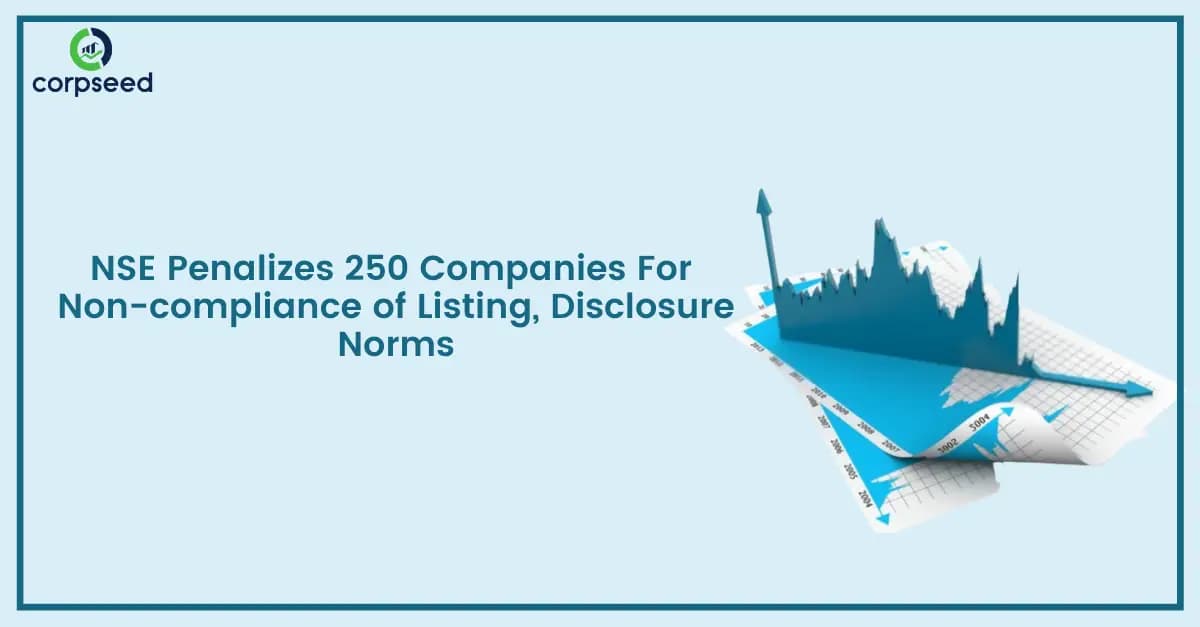
Loading...

Securities may be listed in either the Capital Market or the Wholesale Debt Market. Before we go into the NSE Listing procedure, let's have a look at the eligibility requirements.
About the Author

Experienced Digital Marketer with a demonstrated history of working in the Internet industry. He likes to write about the latest technology trends, Skilled in Digital Marketing likes. Search Engine Optimization, SMO, SEM, PPC, Content Writing, and, Designing, etc.
Related articles

Registration of Investment Adviser - SEBI
2022-12-29

Stock Broker License Registration & Certificate and Salary in India
2021-11-01

Listing of Companies in Stock Exchange
2021-08-06

Collective Investment Scheme Registration Process
2021-08-06
_corpseed.webp&w=1536&q=75)
What is the meaning of Alternate Investment Fund (AIF)? - Corpseed
2021-08-06

NSE Penalizes 250 Companies for Non-compliance of Listing, Disclosure Norms
2021-08-06